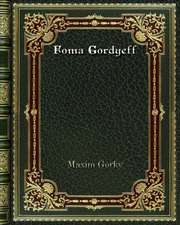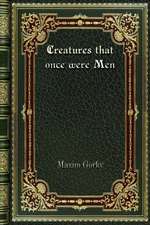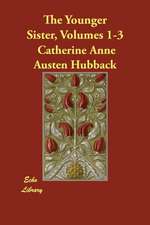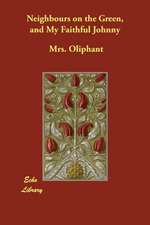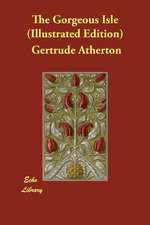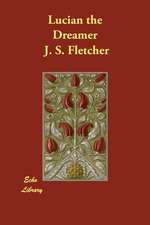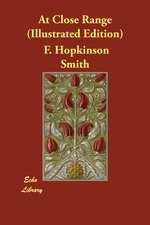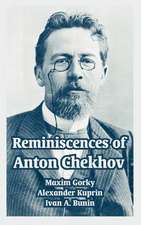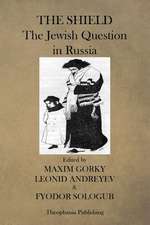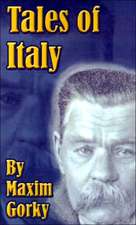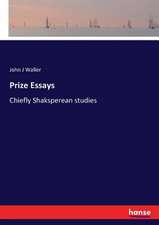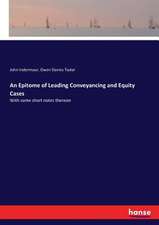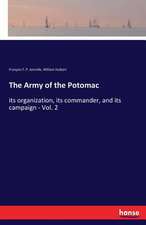Confession
Autor Maxim Gorky Rose Strunskyen Limba Engleză Paperback – 30 noi 2001
| Toate formatele și edițiile | Preț | Express |
|---|---|---|
| Paperback (3) | 98.72 lei 38-44 zile | |
| Echo Library – 10 dec 2017 | 98.72 lei 38-44 zile | |
| Bibliotech Press – 7 ian 2023 | 107.03 lei 43-57 zile | |
| Fredonia Books (NL) – 30 noi 2001 | 152.08 lei 43-57 zile | |
| Hardback (1) | 198.08 lei 43-57 zile | |
| Bibliotech Press – 6 ian 2023 | 198.08 lei 43-57 zile |
Preț: 152.08 lei
Nou
Puncte Express: 228
Preț estimativ în valută:
29.11€ • 31.63$ • 24.47£
29.11€ • 31.63$ • 24.47£
Carte tipărită la comandă
Livrare economică 21 aprilie-05 mai
Preluare comenzi: 021 569.72.76
Specificații
ISBN-13: 9781589636255
ISBN-10: 1589636252
Pagini: 316
Dimensiuni: 129 x 204 x 20 mm
Greutate: 0.39 kg
Editura: Fredonia Books (NL)
Locul publicării:United States
ISBN-10: 1589636252
Pagini: 316
Dimensiuni: 129 x 204 x 20 mm
Greutate: 0.39 kg
Editura: Fredonia Books (NL)
Locul publicării:United States
Notă biografică
Alexei Maximovich Peshkov (1868 - 1936), primarily known as Maxim Gorky, was a Russian and Soviet writer, a founder of the socialist realism literary method and a political activist. He was also a five-time nominee for the Nobel Prize in Literature. Around fifteen years before success as a writer, he frequently changed jobs and roamed across the Russian Empire; these experiences would later influence his writing. Gorky's most famous works were The Lower Depths (1902), Twenty-six Men and a Girl, The Song of the Stormy Petrel, My Childhood, The Mother, Summerfolk and Children of the Sun. He had an association with fellow Russian writers Leo Tolstoy and Anton Chekhov; Gorky would later mention them in his memoirs. Gorky was active with the emerging Marxist social-democratic movement. He publicly opposed the Tsarist regime, and for a time closely associated himself with Vladimir Lenin and Alexander Bogdanov's Bolshevik wing of the party. For a significant part of his life, he was exiled from Russia and later the Soviet Union. In 1932, he returned to USSR on Joseph Stalin's personal invitation and died there in June 1936.

